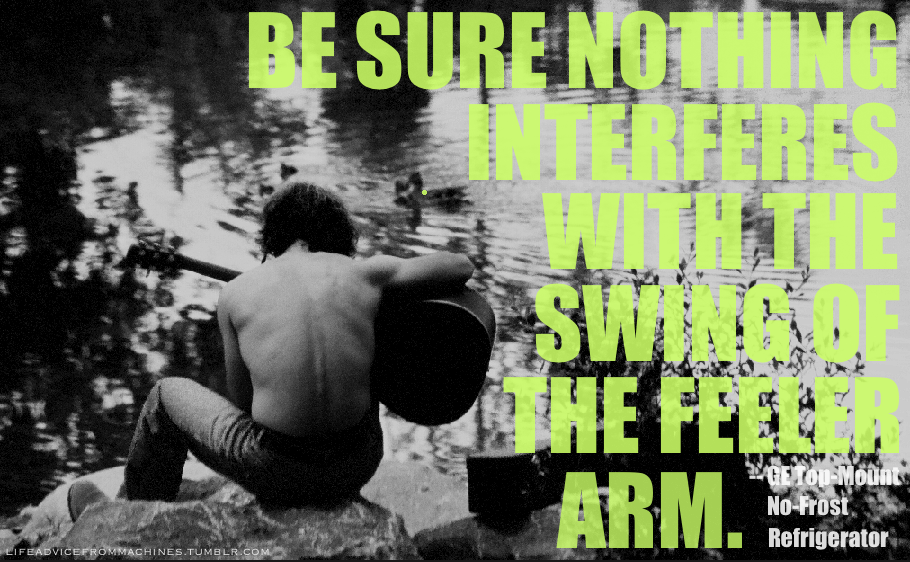Aaron Swartz contained multitudes. In the outpouring of grief since his suicide, it’s striking how, despite being only 26, he could mean
so many things
to so many people.
Perhaps the surface picture is of a hacktivist, an open data campaigner, the wunderkind coder behind rss, reddit and web.py. Well, he was. But his talent and curiosity was so much broader than that stereotype. As historian Rick Perlstein writes:
I didn’t understand anything about [the technical] part of his professional world; it was only that he somehow understood everything about my professional world. All of our minds, each of us, contain a universe, but how is it that his mind contained fourteen or fifteen of them?
To Perlstein, as to his fans at humanities-academic hangout Crooked Timber, Aaron was one of them. His posts there and on his own blog shone light on anything from the political economy of think-tanks to what AI can teach stats about causation. Aaron was a major public intellectual in the making: he had the smarts, and the breadth of knowledge, and willingness to pick a fight.
Then there’s the politics. Matt Stoller “
knew Aaron as a political activist interested in health care, financial corruption, and the drug war
“:
he burned with a desire for justice, but also felt a profound desire to understand the system he was attempting to reorganize. He didn’t throw up his hands lazily and curse at corruption, he spent enormous amounts of time and energy learning about and working the political system
To me, Aaron was such an inspiring figure because he embodied
all
these talents, and more. This world has far too few people who can step between the worlds of the programmer, the activist and the intellectual — and it needs every one of them.
Last word to danah boyd:
I adored Aaron because he was an emotional whirlwind – a cranky bastard and a manic savant. Our conversations had an ethereal sense to them and he pushed me hard to think through complex issues as we debated. He had an intellectual range that awed me and a kitten’s sense of curiosity…he wanted to mainline books and live in the world of the mind.

